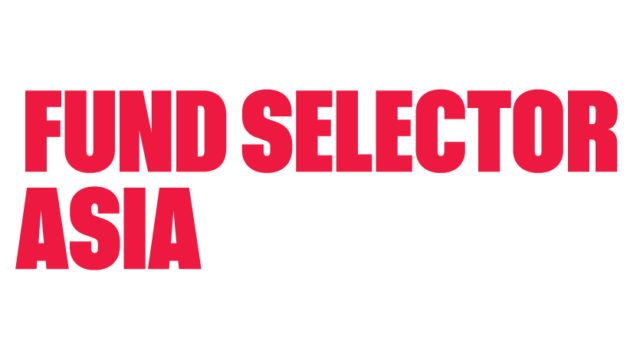“It’s regular cash they can see and many feel comfort with that. We’ve been seeing many new products and newly-created fund classes in Hong Kong that have such a monthly distribution feature.”
“Clients also demand more RMB products. RMB is one of the most high-yielding currencies right now. It’s rational for local Hong Kong business owners to have a lot of RMB on hand, and they would like to be able to select and invest money in RMB products.”
The fund supermarket
Hang Seng, part of the HSBC Group, manages a fund platform or “supermarket” of 480 Hong Kong authorised funds, which the bank’s retail clients can access online.
A separate platform exists for private banking clients, who are free to select from either platform, Liang said.
Liang works directly with Hang Seng’s private clients at the bank’s main office in Hong Kong’s central district.
Every quarter, Liang and her team provide an investment outlook and asset class view. Based on those views, Liang will assess and select suitable funds from the supermarket in a top-down way, bringing them onto the private client fund list.
Her team’s quarterly views also provide the basis for selecting new funds.
“If our team likes Asian equities this year, for example, we’ll look at the various strategies available in the market, meet the fund managers and the fund house specialist and distribution team. We’ll talk to the fund house and look at the track record of the fund. Performance is an important consideration.”
Local support by the fund house is also a factor. “Sometimes we want to call a US fund house, for example, and the people based here may not have much information on the detailed strategy of the fund. It’s more difficult to get immediate updates.”
After the product and fund house is vetted by her group, it goes to the new product due diligence team for approval. In the final step, the bank’s product oversight committee decides if the fund will be added to the platform.
Hang Seng works with about 20 fund houses, all brand names. “We have a big retail platform in our bank so we need tremendous marketing support and that’s why we often go with the big brand names.”
Her team’s quarterly views on investment usually opens a window for tactical opportunities. Liang will assess funds on the bank’s platform to address a tactical play.
However, if a more suitable fund is not on the platform and she wants to bring it in, she has to wait 3-9 months for the due diligence process to complete before getting it on the list.
Often that is outside the time frame for the tactical play.
“If I spot a tactical opportunity, we usually can’t afford to wait for such a long time. Our calls could be time sensitive. For example, my team may like a particular US equities sector fund now but in six months we may not.”
Local bias
Hang Seng differentiates itself by having a strong home bias, focusing on the local client base of wealthy families, Liang said.
Private banking services are available only from its location in Hong Kong’s Central district. Private banking has about 50 relationship managers and retail has about 400.
Last year, the bank started to develop the high net worth client business at the branch level, Liang said. In order to grow and expand the bank’s the wealth management business, it has to recruit and train more relationship managers.
The advisory team plays a major role in the product education process, she said.
“We have to maintain and educate high quality RMs who understand client needs and explain the product’s value. This could be the biggest challenge.”

















